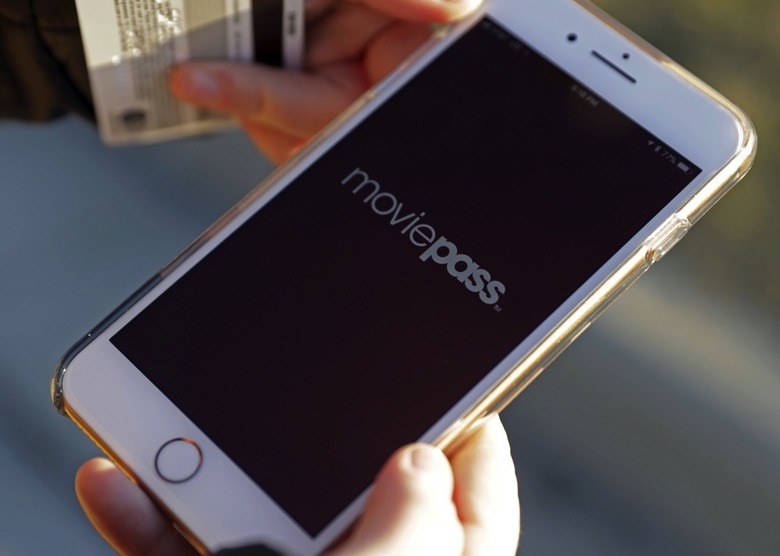MoviePass CEO Creepily Admits The Company 'Watches' Where You Go Before And After A Movie
Remember that Netflix-of-cinemas service that lets you watch as many movies as you want each month for the low price of $8 to $10 per month? Well, it turns out MoviePass has a built-in location tracking service that's incredibly creepy.
"We get an enormous amount of information," Mitch Lowe said in an interview. "We watch how you drive from home to the movies. We watch where you go afterwards."
Is it worth trading your data for watching movies on the cheap?
As TechCrunch explains, these advanced location tracking features aren't included in the company's privacy policy. Instead, it mentions a "single request" when you select a theater, which will be used "only be used as a means to develop, improve, and personalize the service."
What's puzzling is that Lowe talked so candidly about location tracking. He made his remarks during a keynote at the Entertainment Finance Forum last week, MediaPlayNews explains. The presentation was titled Data is the New Oil: How Will MoviePass Monetize It?.
Apparently, Lowe bragged about the kind of data MoviePass can access. "We get an enormous amount of information," he said, including addresses, which can be used for demographic information. Again, that's incredibly creepy, and potentially dangerous for users. I'm sure hackers are probably delighted to find out that MoviePass is gleaning all that information about you.
"Our bigger vision is to build a night at the movies," Lowe said, which includes helping customers plan their whole night out, including recommendations for having dinner before or after the show. To do that, MoviePass would need to access your location. MoviePass, of course, would be getting a cut of your night out.
In a statement, the company emphasized that the company doesn't plan to sell your data to third parties:
We are exploring utilizing location-based marketing as a way to help enhance the overall experience by creating more opportunities for our subscribers to enjoy all the various elements of a good movie night. We will not be selling the data that we gather. Rather, we will use it to better inform how to market potential customer benefits including discounts on transportation, coupons for nearby restaurants, and other similar opportunities.
After Lowe's remarks, that explanation might not be good enough, however. MoviePass should also inform customers exactly what happens to their data, what is collected, how it's stored and for how long.
In case you're worried about the privacy implications, you can just avoid MoviePass for the time being. Or try to limit location data collection by going into your phone's Settings app.
